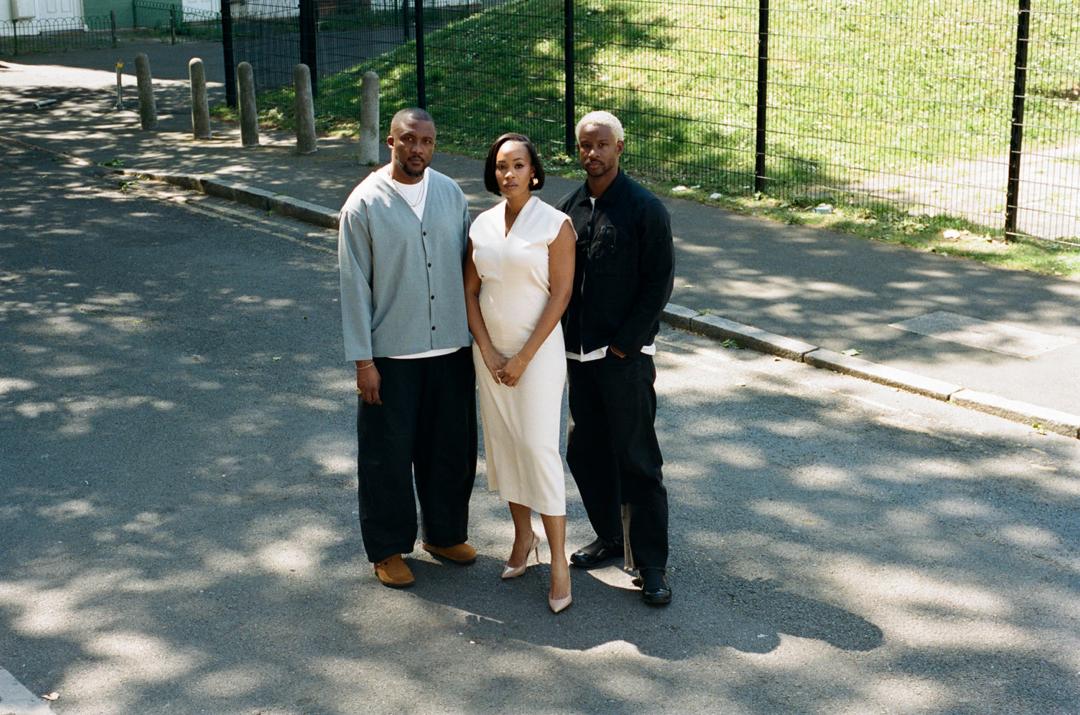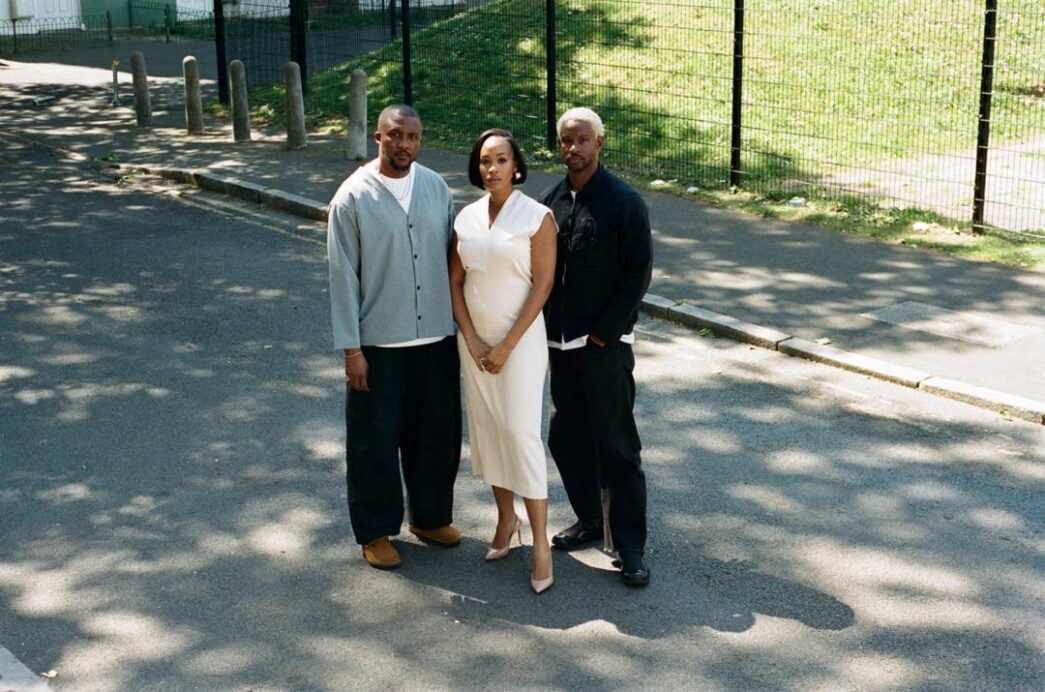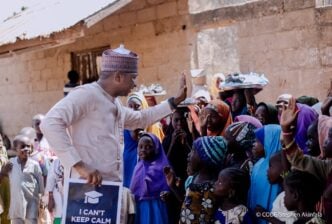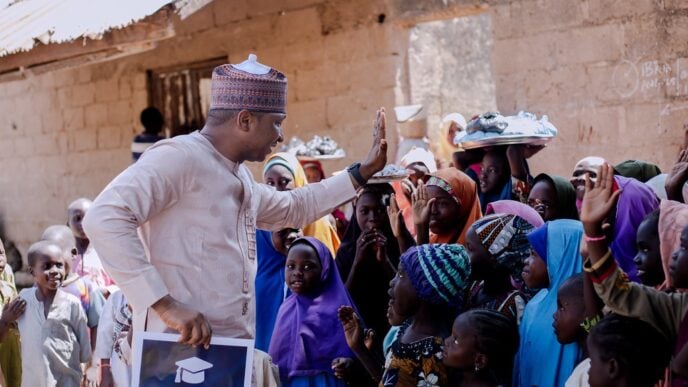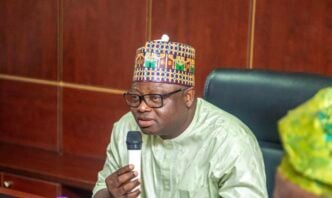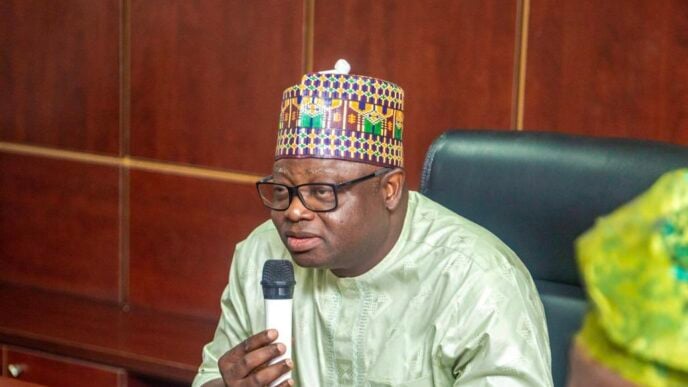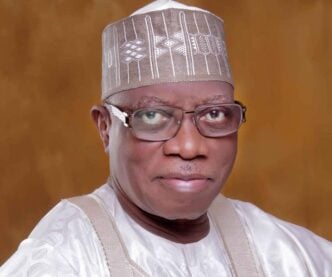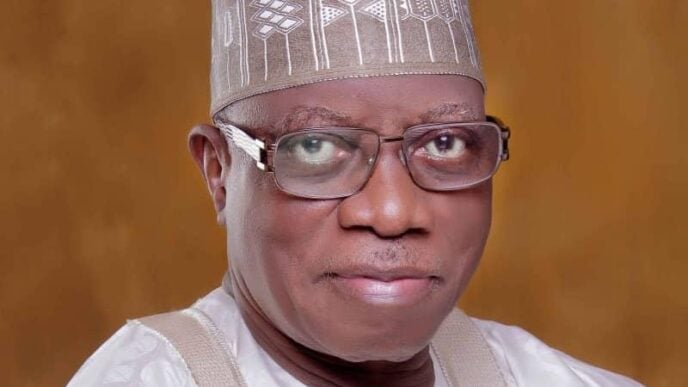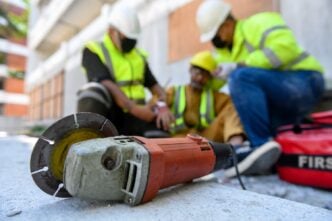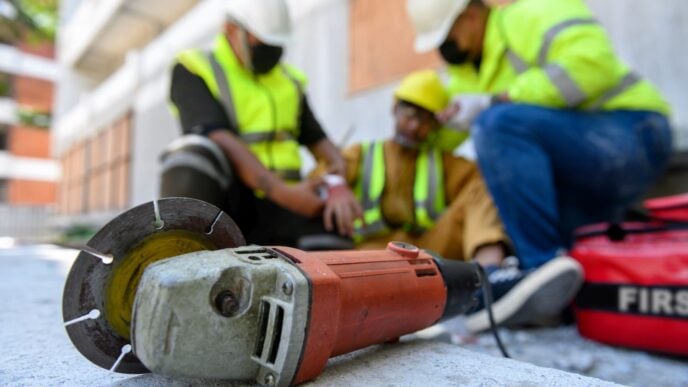Fatherland executives: (L-R) - Wale Davies, Funmbi Ogunbanwo, Akinola Davies Jr.
BY BABATUNDE AREGBE
An evolution is underway in the Nigerian film industry, building on the remarkable foundation laid by Nollywood. At its forefront is Fatherland Productions, a Lagos-based studio reimagining how African cinema is made, financed and exported to the world.
Its new feature film, My Father’s Shadow, was co-produced with Element Pictures and Crybaby Productions and co-financed by BBC Film and the BFI. As the first Nigerian feature to be selected for the Official Selection at the Cannes Film Festival, it is both an artistic triumph and a case study in how Nigeria’s creative industry can compete on the world stage without sacrificing its roots.
Founded in 2018, Fatherland Productions has quickly distinguished itself as more than just another production house. The company was established with a philosophy rooted in care, community and collaboration. Its ambition is clear: to lead dynamic and sustainable creative exchange between Nigeria and the world. My Father’s Shadow exemplifies this vision, showing that Nigeria is not only a setting for stories but also a springboard for narratives that resonate globally.
Advertisement
The film, directed by BAFTA-nominated and Sundance-winning filmmaker Akinola Davies Jr., unfolds in 1993 against the turbulent backdrop of the annulled June 12 election. Through the eyes of two young brothers on a rare day out with their estranged father, the film captures the energy, uncertainty and contradictions of Lagos at a pivotal moment in Nigeria’s history.
The significance of My Father’s Shadow also lies behind the camera. The production was powered by a cast and shooting crew that was over 80% Nigerian, working across sixteen locations in Lagos and Ibadan. Fatherland’s model of pairing seasoned international professionals with rising local talents fostered both excellence and skill transfer. The result is a strikingly polished film that also invests directly in the country’s creative infrastructure, building a sustainable foundation for future projects.
The film’s casting reflects this balance of global reach and local discovery. British-Nigerian actor Ṣọpẹ́ Dìrísù, whose performances have earned acclaim in international cinema, anchors the film, alongside Chibuike and Godwin Egbo, two Nigerian brothers discovered through a Fatherland street casting initiative. Their raw and unfiltered performances provide an emotional centrepiece that speaks to Fatherland’s belief in uncovering and nurturing new voices.
Advertisement
Attention to artistry underlines the film’s authenticity. Costume designer PC Williams recreated the textured palette of 1990s Nigeria using family photo archives, while design duo ANTI Design crafted environments layered with emotional detail and historical accuracy. Cinematographer Jermaine Edwards brought the city to life with a naturalistic eye, embedding the viewer in the sensory rush of Lagos and allowing the city to emerge as a character in its own right.
With My Father’s Shadow, Fatherland Productions has produced more than a film; it has introduced a replicable commercial model for Nigerian cinema. By linking artistry with pragmatism and local integrity with international collaboration, the company is shaping a new model for how African films can succeed on the world stage. This is not just about one film’s journey to festivals or awards, but also about laying the foundation for a generation of filmmakers who can thrive at home and abroad.
In charting this course, Fatherland Productions is showing that Nigerian cinema can be at once deeply authentic, commercially viable and globally relevant. Standing proudly on the foundation Nollywood has built, My Father’s Shadow ushers in a new era where Nigerian stories, told with care and conviction, stand confidently alongside the best of world cinema.
Advertisement
Views expressed by contributors are strictly personal and not of TheCable.
